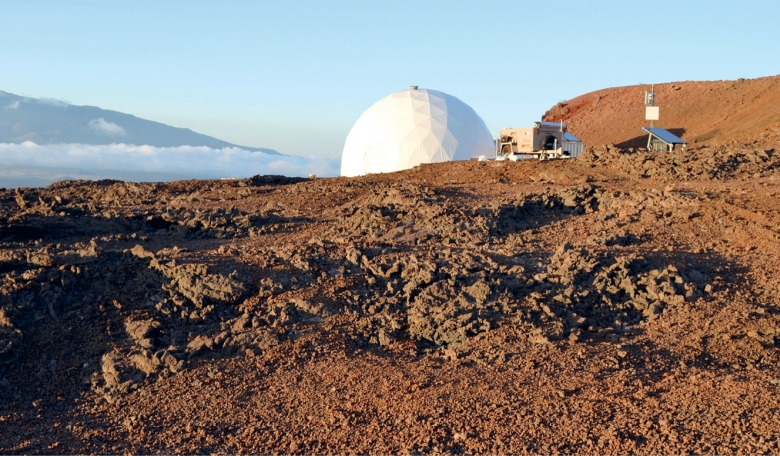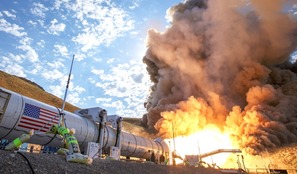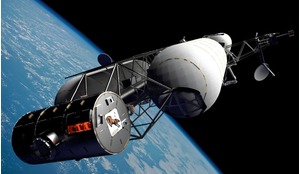Astronauts and cosmonauts working for six months or more on the International Space Station have already proved that eating and sharing meals together is a vital part of any successful long-term space mission - food is not just fuel for the body but also a conduit for culture, comfort and camaraderie. And nowhere will this be more so than on the first human flights to Mars when mission durations will be measured in years.
Space food might conjure thoughts of the fruit-flavoured Tang drink, astronaut ice cream or space food sticks, but none of these products have the strong connection to space that one might imagine. Tang wasn’t developed for space, merely used during some early flights. Astronaut ice cream, the staple of air and space museums worldwide, was actually developed for spaceflight but hasn’t ever flown to space. And space food sticks were mostly a commercial product attempting to cash in on the excitement around spaceflight in the early 1960s, though they did fly aboard Skylab III.
Today’s space food eaten aboard the International Space Station (ISS) shares more similarities with military Meals Ready to Eat (MREs), vacuum sealed plastic pouches that must be rehydrated or reheated. Ideally, space food should be lightweight, compact in volume, nutritious, easy to prepare, eat and clean up (microgravity complicates all of these requirements), long lasting and delicious.
Find out more about space food and how important meals are from the social side of life on the ISS in the full version of the article, available now to our subscribers.














